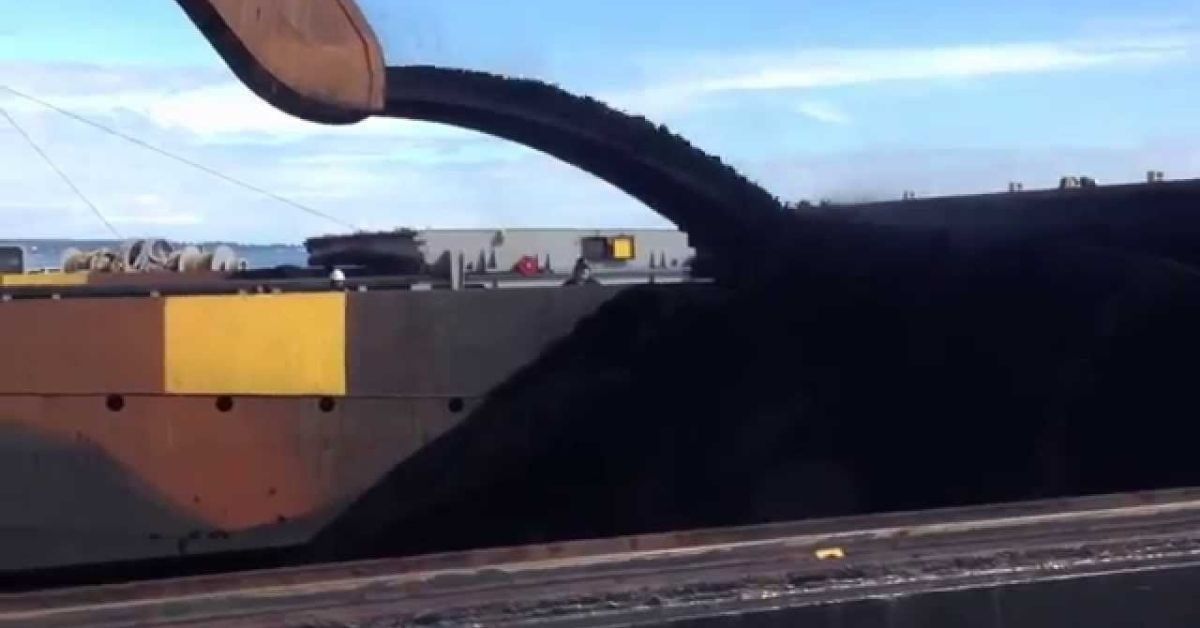India and Mongolia are said to be in discussions for at least two probable shipping routes for transport of coking coal, a key feedstock material for steel-making.
The two routes under discussion include the Far East corridor that uses the Vladivostok – Chennai shipping path; while the second one being considered includes the International North South Transport Corridor through use of Chabahar port, officials taking in part in the discussions told businessline.
A third route, which uses the Russia -Mongolia-China economic corridor , has reportedly been shot down, officials said.
Easing cargo movement
The International North-South Transport Corridor (INSTC) is a multi-modal transport project that spans over 7,200 km and aims at easing cargo movement among Afghanistan, Armenia, Azerbaijan, Russia, Central Asia, Europe, India and Iran. In December 2016, India agreed to use the INSTC which was established in 2000 and ratified in 2002 (by India, Iran and Russia).
On the other hand, India and Russia are both keen to operationalise the Vladivostok-Chennai shipping route of 10,500 km. The Union Ministry of Ports, Shipping and Waterways is planning a stakeholder meeting, in September, to discuss issues and speed up operationalisation of the route.
“Mongolia has proposed the use of INSTC route, including using St Petersburg and Chabahar ports, or Valdivostok – Chennai route for bringing in coking coal. Discussions continue to be on. In fact, Mongolia has also been keen to get the Mines Ministry to invest into their country across segments like copper and so on. So, some of these routes are under active consideration. Mundra to St Petersburg route also came up during discussions,” government sources said.
India, the world’s second largest crude steel producer, is also amongst the highest importer of coking coal. Nearly 80-90 per cent of Indian steel mills coking requirements being met through imports, mostly from Australia, followed by USA and now Russia. In FY23, coking coal imports were to the tune of 53 million tonnes.
Landlocked Country
Mongolia is a land-locked country, so any movement of coal from there has to be via its neighbour’s Russia or China.
Officials in the know said, Russia has already allowed Mongolia to use its transportation infrastructure to allow shipping of coal and copper to Asia – Pacific markets. Mongolia reportedly has access to Vladivostok port in Russia.
In a recent development, Mongolia has started exporting its coal at prices set via auctions on the Mongolian Stock Exchange (MSE). The change was initiated since February when the country stopped signing direct sales contracts with overseas buyers.
Open electronic trading
The government there approved a regulation requiring parties involved in coal exports to make their trades through open electronic trading via the MSE. Under the previous trading mechanism, buyers only paid mine-mouth prices to miners and sorted out the logistics by themselves. The new so-called “border prices” will factor in the transportation fees and aim to simplify the coal export process, it is being said.





